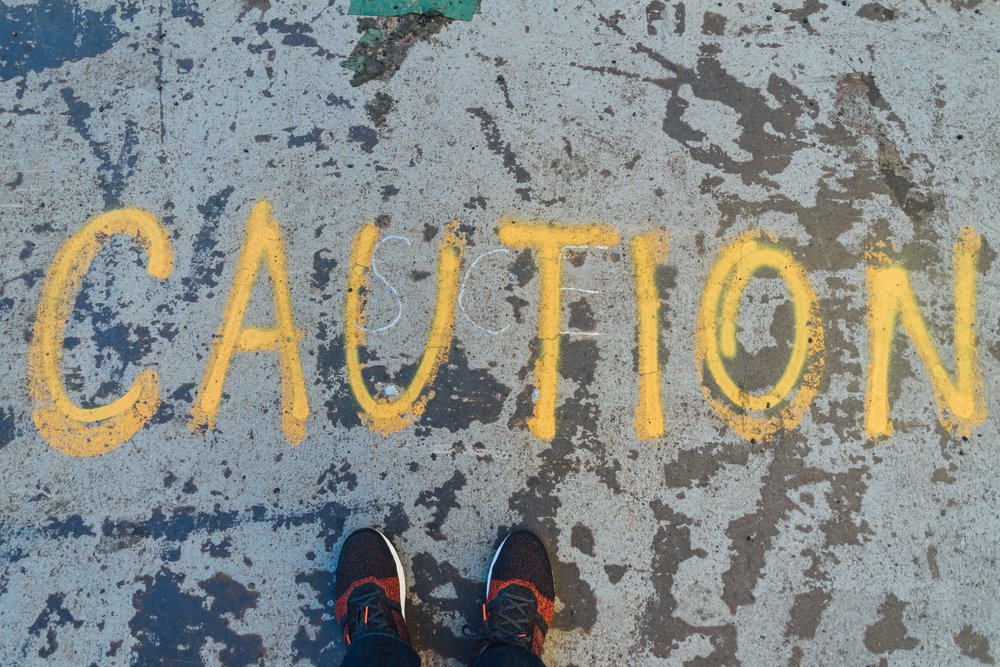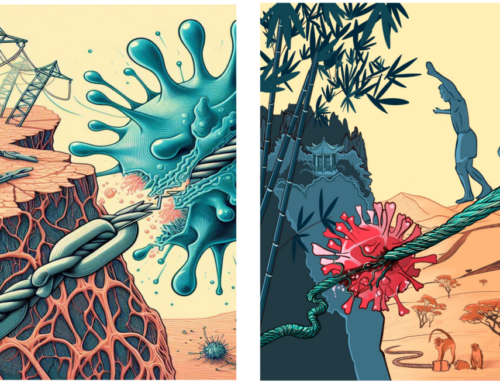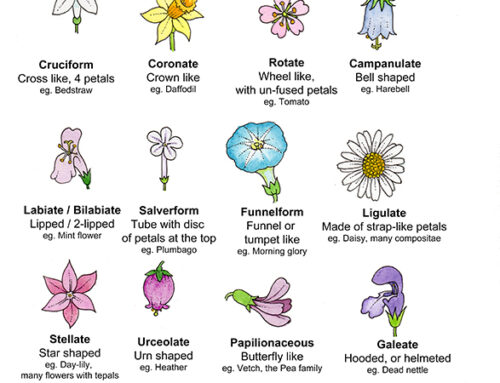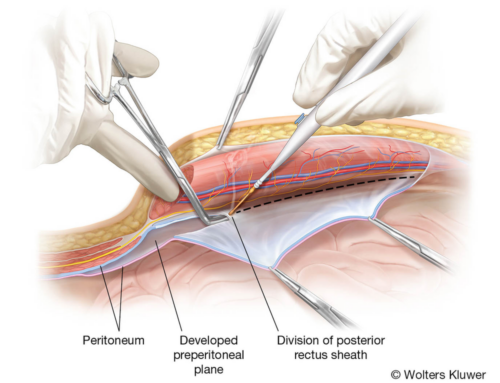
Blink, and you’ve made an assessment about someone, Malcolm Gladwell writes,
in his book by the same name. We do it all the time–whether consciously or not; we
size up people and situations, evaluate the pros and cons, assess the risks and
rewards.
In business, as in life, before investing in a company, or buying a home appliance,
for example, we perform ‘due diligence’, the act of making sure it’s wise to move
forward.
But in our hustle and bustle world of…
*I found you on the Internet.
*How fast can you turn this around?
*How many others are competing for the work?
*This sounds like an exciting project.
…it’s easy to forget the importance of crossing T’s and dotting I’s.
I’m the trusting type. Maybe I shouldn’t be, but I give people the benefit of the doubt,
trusting that they won’t use my recordings without paying for the right to do so,
and after 10 years in the business, this is the first time I’ve been stiffed.
One in ten ain’t bad, right?
The person turned out to be a real con artist— trading on the semblance of a
relationship with a bona fide professional to convince me of his own legitimacy.
In turn, I referred him to colleagues to provide services for a project that was
beyond my domain, and naturally coming from me, they trusted that this ‘client’ was
legit (though I disclosed that my own relationship with him was nascent.) Through
this process he gets people to provide services, and a whole lot more from what I’ve
since heard.
It’s hard not to feel foolish for not heeding the warning signs.
Were there red flags? Yes. Did I heed them? No.
Have I learned my lesson? Yeah, but I’d rather continue to trust in humanity rather
than become rigid with fear of the next super Duper.






